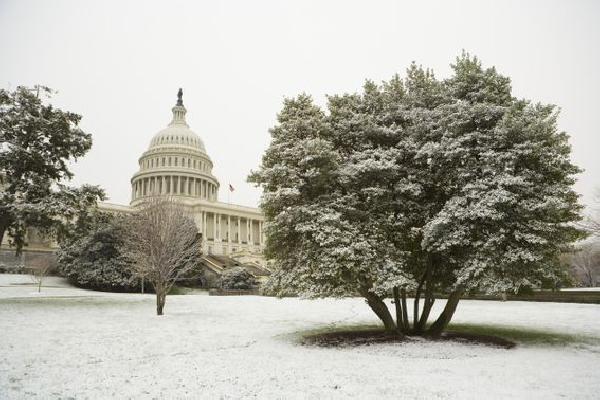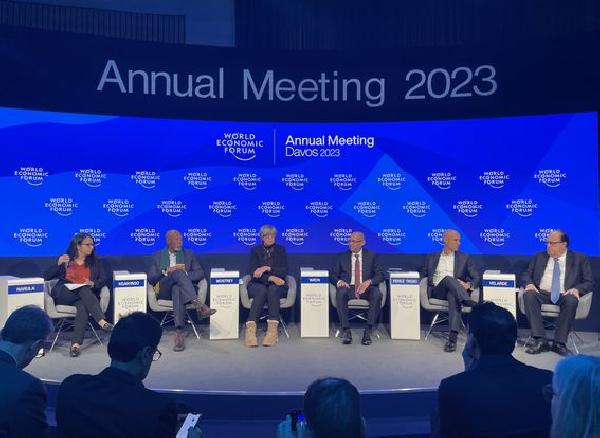
Klaas Knot called the appealing localities with lax restrictions "sunny places for shady people."

Klaas Knot called the appealing localities with lax restrictions "sunny places for shady people."

Jeremy Allaire believes Congress will concentrate on stablecoin regulation because of its straightforward nature and significant growth potential.

Amid a prolonged collapse in asset prices, the digital assets space had a wild 2022. The problems may force regulators’ hands on the crypto space.

A paper by researchers at the digital-assets firms says DeFi and blockchain technology could also reduce cross-border remittances costs by $30 billion a year.

Whether it’s jumping between virtual worlds or trading state-backed virtual currencies, common standards for digital economies are still hotly contested in global forums.

A United Nations official makes the case for the underlying technology behind cryptocurrencies.

Anthony Scaramucci says long-term investors should keep a three- to five-year time frame and ignore day-to-day price movements.

But that shouldn’t disqualify blockchain technology, and regulators should steer clear of extreme measures, the former governor of India’s central bank told CoinDesk in Davos.

Policymakers and business executives were quick to draw a distinction between distributed ledgers and cryptocurrencies at #WEF23.

Shyam Nagarajan says issuers should consider a hybrid model of permissioned and permissionless currency.

The crypto industry came back to Davos for the World Economic Forum‘s annual meeting daunted, but undeterred.

Live from the World Economic Forum in Davos, Switzerland, David Treat, senior managing director at Accenture, discusses why users should have the option to move their data and crypto from one location to another.

Live from the World Economic Forum in Davos, Switzerland, Tom Duff Gordon, Coinbase‘s vice president of international policy, discusses why the fall of FTX put crypto on policymaker’s radar.